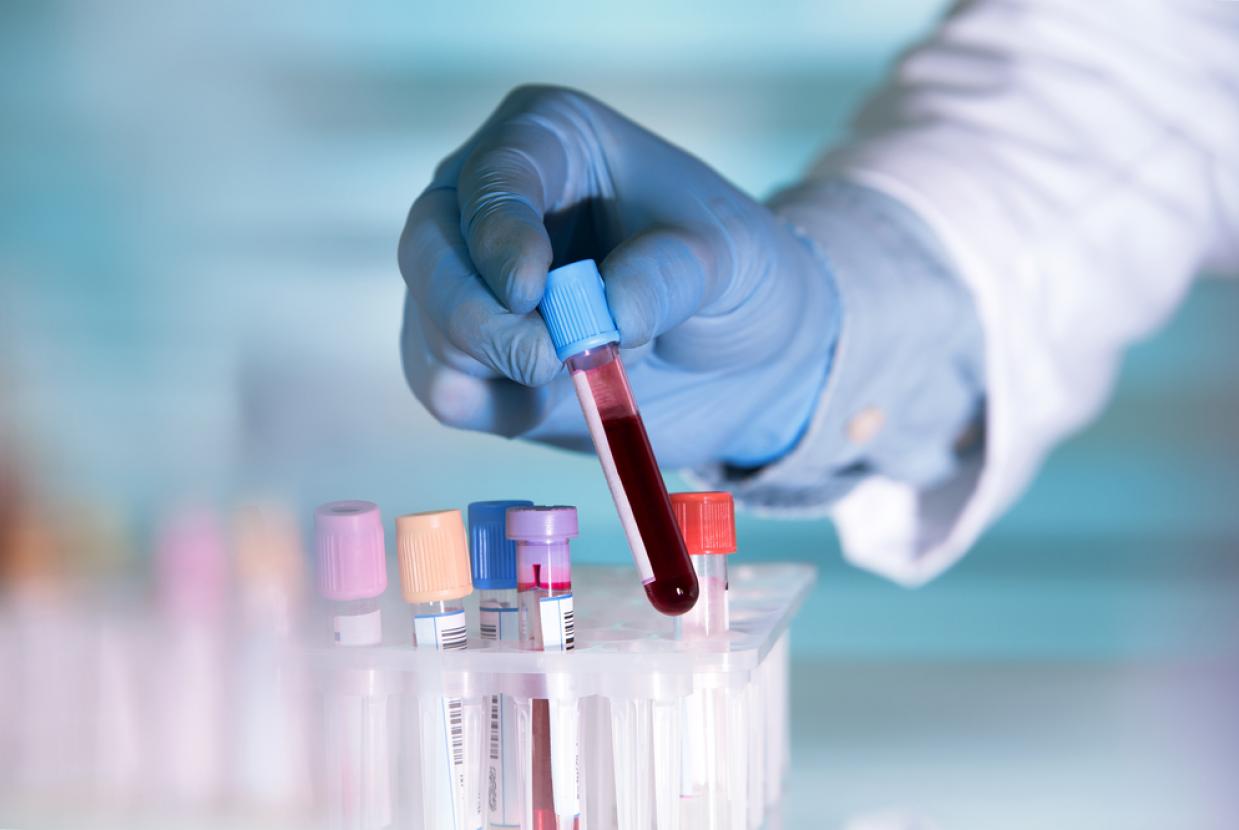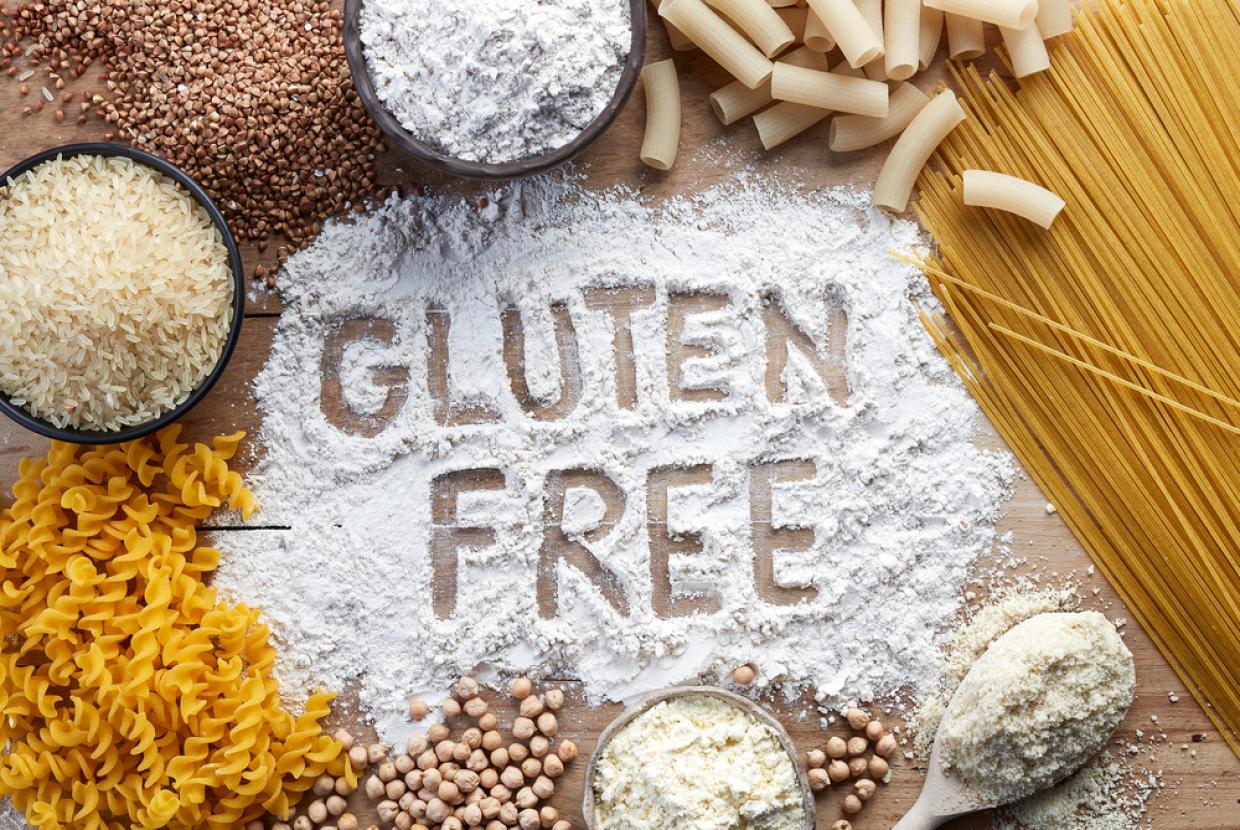Symptoms Of Food Allergy
The symptoms of a food allergy almost always develop a few seconds or minutes after eating the food. Some people may develop a severe allergic reaction (anaphylaxis), which can be life threatening. The most common type of allergic reaction to food is known as an IgE-mediated food allergy.
Symptoms include:
- tingling or itching in the mouth
- a raised, itchy red rash (hives) – in some cases, the skin can turn red and itchy, but without a raised rash
- swelling of the face, mouth (angioedema), throat or other areas of the body
- difficulty swallowing
- wheezing or shortness of breath
- feeling dizzy and lightheaded
- feeling sick (nausea) or vomiting
- abdominal pain or diarrhoea
- hay fever-like symptoms, such as sneezing or itchy eyes (allergic conjunctivitis)
Anaphylaxis
The symptoms of a severe allergic reaction (anaphylaxis) can be sudden and get worse very quickly. Initial symptoms of anaphylaxis are often the same as those listed above and can lead to:
- swollen tongue
- breathing difficulties
- tight chest
- trouble swallowing or speaking
- feeling dizzy or faint
- collapse
Anaphylaxis is a medical emergency. Without quick treatment, it can be life threatening. If you think you or someone you know is experiencing anaphylaxis, dial 999 and ask for an ambulance as soon as possible.
Non-IgE-mediated food allergy
Another type of allergic reaction is a non-IgE-mediated food allergy. The symptoms of this type of allergy can take much longer to develop – sometimes up to several days. Some symptoms of a non IgE-mediated food allergy may be what you would expect to see in an allergic reaction, such as:
- redness and itchiness of the skin – although not a raised, itchy red rash (hives)
- the skin becomes itchy, red, dry and cracked (atopic eczema)
Other symptoms can be much less obvious and are sometimes thought of as being caused by something other than an allergy. They include:
- vomiting with or without diarrhoea
- abdominal cramps
- constipation
- in babies: excessive and inconsolable crying, even though the baby is well fed and doesn't need a nappy change (colic).
Mixed reaction
Some children can have a mixed reaction where they experience both IgE symptoms, such as swelling, and non-IgE symptoms, such as constipation. This can happen to children who have a milk allergy.
Exercise-induced food allergy
In some cases, a food allergy can be triggered after eating a certain food and then exercising. This can lead to anaphylaxis in severe cases, sometimes known as food-dependent exercise-induced anaphylaxis.
Drinking alcohol or taking an non-steroidal anti-inflammatory drug (NSAID) such as aspirin or ibuprofen may also trigger an allergy in people with this syndrome.















